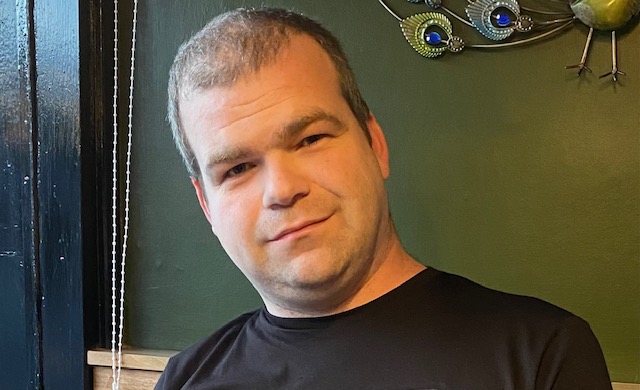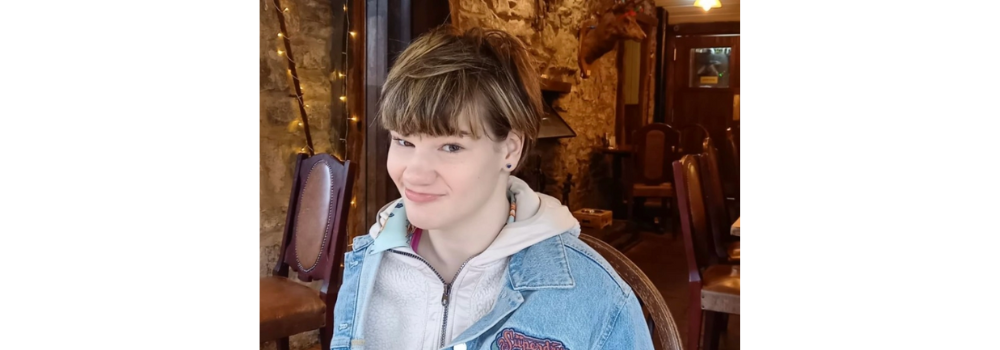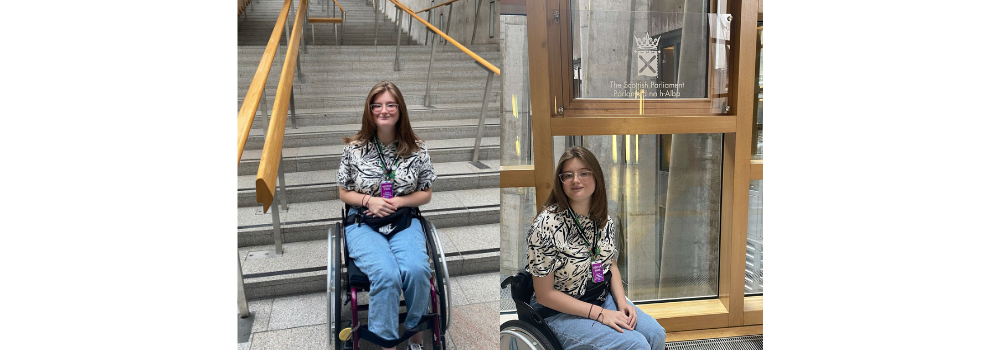As part of Cerebral Palsy Awareness Month, Christina shares her experience of education as a person with mixed cerebral palsy.
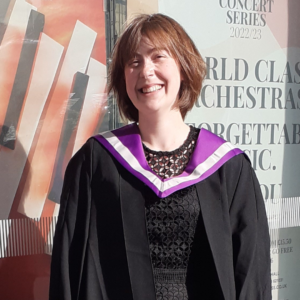
As part of Cerebral Palsy Awareness month, I would like to share my experiences of education and the challenges I have had to face. I was diagnosed with Mixed Cerebral Palsy when I was 2, now 26. Throughout nursery and primary school, I received educational support to help with subjects like maths and English. However, this stopped before I got into high school.
Transitioning from primary into high school is difficult for both neurotypical and neurodiverse students – new friends, teachers and subjects can be overwhelming for us all but for me it felt like a nightmare. I found it difficult going between classes, corridors full of students pushing and shoving to get to class on time. I do not use any walking aids, I am VERY clumsy on my feet which means I am prone to falls. Amongst all of that, I struggled with the change of teachers due to the various teaching styles. I had maths teachers who would get frustrated and angry if I did not understand an equation and would sometimes shout. This always made me feel uncomfortable and embarrassed as some students thought I was “DUMB” and my teachers thought I did not study. I had to constantly explain “I have Cerebral Palsy” and “please be patient with me”.
This was sometimes ignored. One teacher told me… “I would never make it in life”. Most days I would go home in tears… school became such a negative place. Those comments have always stuck with me and made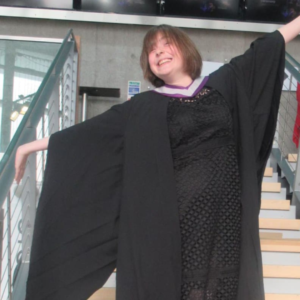 me doubt myself. I became extremely anxious about going to school which ended up effecting my mental and physical health. This had an effect on my exam results to which I failed most of my exams.
me doubt myself. I became extremely anxious about going to school which ended up effecting my mental and physical health. This had an effect on my exam results to which I failed most of my exams.
However, not all teachers were bad in fourth year, I had an amazing English teacher who would always make sure I understood my work and took time to go over anything if I needed it. He made the time to listen to what I had to say and was very patient – I will be forever grateful for his support. The music department was the place I felt most comfortable and where I would spend most lunchtimes. I was a member of the school choir, took part in various competitions and always enjoyed singing for our local community.
Once I finished school I went to college and then university to study music. I have a BA(Hons) in Popular Music and will hopefully receive my dissertation marks for an MScR in Music. I am looking at PhD applications and hoping to apply soon! Though education continues to be a challenge, I would like educators to receive training about the different types of Cerebral Palsy and how it may affect individuals learning abilities.
If you are a parent or carer supporting a child in education, there’s is a range of organisations you can go to for support and advice.
- Contact in Scotland – Talking About Tomorrow: Contact in Scotland
- Enquire – The Scottish advice service for additional support for learning
If you are thinking about raising awareness of cerebral palsy in your school, we have a short powerpoint presentation aimed at primary school children explaining cerebral palsy and how it affects each person differently, you can find this here.

